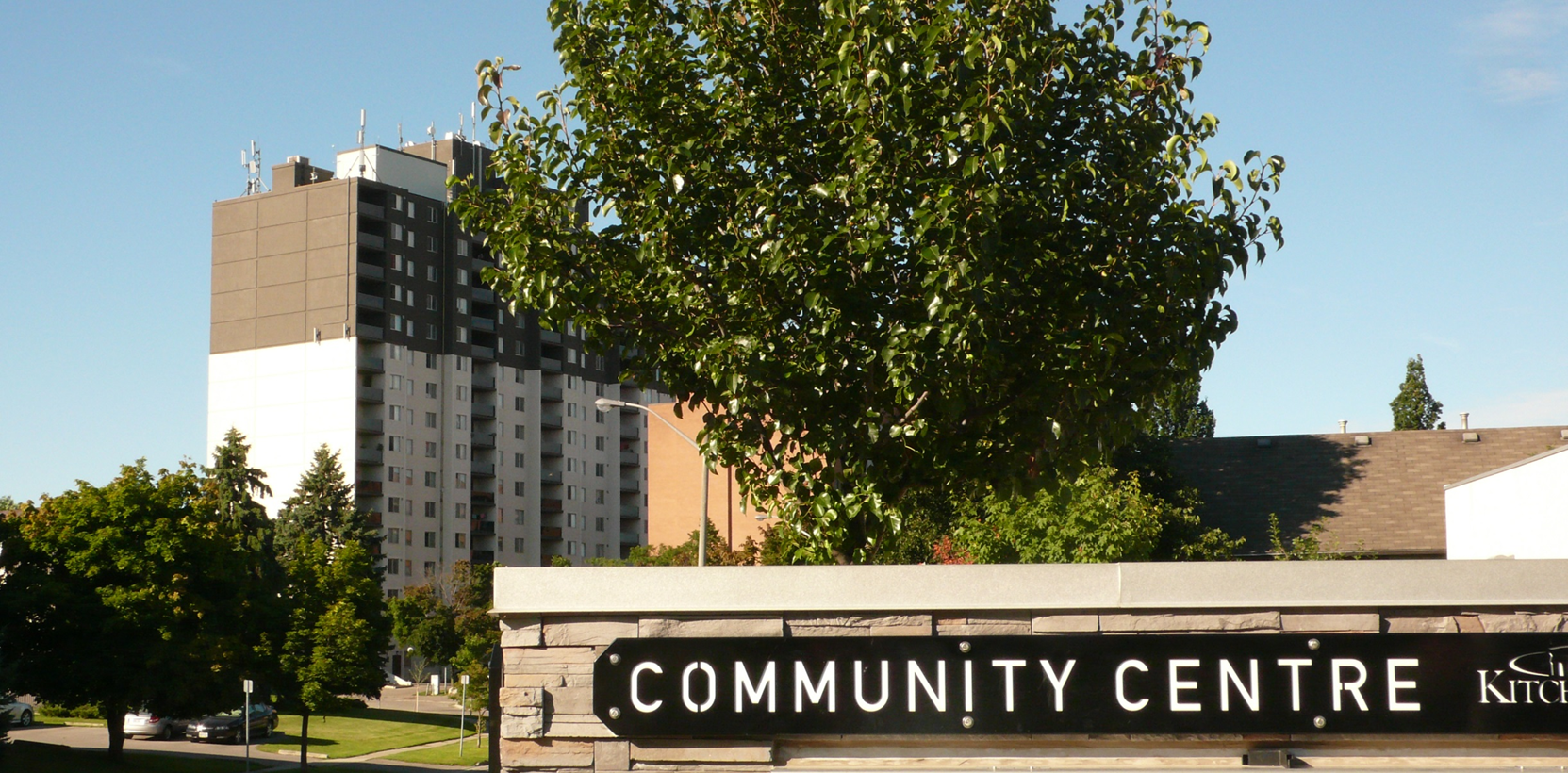
This article is a collaboration between Madalyn, Media Coordinator and Art and Paula, workers in North America. Names have been changed for security.
“And he made from one man every nation of mankind to live on all the face of the earth, having determined allotted periods and the boundaries of their dwelling place, that they should seek God, and perhaps feel their way toward him and find him” (Acts 17:26-27).
In 2013, Rosedale International (RI) workers Art and Paula made an unplanned return to Canada after a number of years overseas. As they settled back into their community, they realized that even there, unreached people lived not far away. Called to reach out with the good news in their own region—where more than 25 percent of the population were born in other countries—they moved into a densely-populated immigrant neighborhood. Over the past eight years, they have developed friendships with their neighbors, advocated for newcomers, and shared the hope and love of Jesus. They have a heart for the stranger, and wisdom to offer to those interested in this local ministry opportunity.
As Art and Paula stepped into this new ministry, God led them to helpful people who were already working among newcomers. The facilitator of their active community center recognized them as people of peace, and strongly encouraged them to become involved. He also asked them to serve as members of the neighborhood association and assist in planning activities for the community. In addition to Art’s work as an ESL instructor and Paula’s employment with a discipleship ministry to Afghans, they began to lead an English Conversation Circle, participate in a Resource Café for immigrant women, and provide assistance with a food distribution program—all excellent ways to get to know their neighbors.
“The Word became flesh and blood, and moved into the neighborhood” (John 1:14a MSG).
Living among those they desire to reach has opened the door to many opportunities for friendship and service. Art and Paula have found many ways, both large and small, to walk with newcomers as they navigate a new culture. From providing opportunities to practice basic conversation; offering assistance in receiving legal, banking, educational, or medical services; to helping prepare a resume, accompanying a friend to an appointment, or guiding a newcomer through their first trip to the grocery store—the opportunities to be neighborly are endless.
As Art and Paula invest time in their neighbors, friendships begin to develop. They’ve found that simply being a caring, helpful friend who is willing to listen is key. “Our stories about life and family are important to us,” Paula reflects. “When one takes a real interest in their stories, trust develops. Then we can enter into these ‘holy moments’, and are provided with opportunities to pray for them.”
“We often find that newcomers are very open to issues of faith; these friends don’t turn us down when we offer to pray for them,” Art adds. “We may not explicitly speak of our faith in every conversation, but we have no reason to be silent. It’s who we are and we feel no need to hide.”
At times, these relationships are deeper than friendship; Art and Paula have become family to some whose biological families are far away. In many cases, immigrant families are scattered, and visits to their home countries are impossible. “It’s a big loss. Imagine the excitement of your first child, or a crisis in your home country, but you have no family to experience that with you. These are opportunities to rejoice or weep with them.”
This familial bond is demonstrated through the question of a young neighbor boy: ‘Why don’t I have a grandfather like my classmates?’ One grandfather had died a natural death; the other had been executed by Iranian authorities in front of his family. His mother responded, ‘Don’t worry; Art will be your grandfather.’ While Art and Paula can’t literally replace grandparents, they can still fill a need for a child, from celebrating their birthday to walking with them in the local nature preserve.
“…I was a stranger and you welcomed me” (Matt. 25:35 ESV).
For those interested in stepping into local cross cultural missions, Art and Paula point to the example of a Toronto-based ministry which trains and sends teams of young professionals to live in the neighborhoods of the unreached urban poor around the world. These individuals keep their jobs, but are deeply involved in their neighborhood and meet weekly to pray over the needs of the community. Art and Paula have often worked and prayed with these teams in their own neighborhood, and wonder whether CMC churches with a heart for newcomers might have interest in adopting a similar strategy.
God has given the western Church an opportunity—or perhaps, a responsibility—to reach these people who have come to our countries. Art and Paula are convinced that God has brought people from many ‘closed’ nations to our doorstep for a purpose: “that they should seek God, and perhaps feel their way toward him and find him” (Acts 17:26 ESV). Will God’s people view these immigrants as a threat, as some do, or will we embrace this opportunity?
“In both the Old and New Testament, God makes it clear that his people are to have compassion on foreigners and strangers,” Art reflects. “In fact, Jesus says that one of the things that separates the righteous from the unrighteous is how we respond to strangers in need (Matthew 25:31-46).” Elsewhere, the Word reminds us that we too are strangers; we’re pilgrims—and it’s a privilege to be able to help fellow pilgrims.
